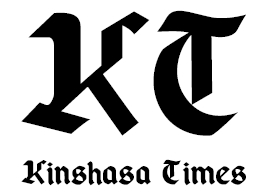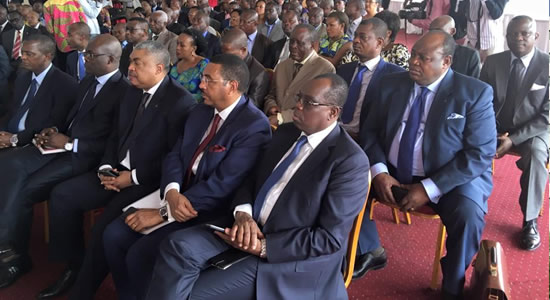 Discussions held in the preparatory committee of national dialogue on 25 August 2016 focused on drafting the forum’s roadmap. Certain items on the draft roadmap drew consensus while others left the opposition and the ruling coalition in disagreement.
Discussions held in the preparatory committee of national dialogue on 25 August 2016 focused on drafting the forum’s roadmap. Certain items on the draft roadmap drew consensus while others left the opposition and the ruling coalition in disagreement.
Participants in the preparatory committee agreed that the dialogue should seek “to strengthen the rule of law, respect for democratic values, good governance, tolerance and justice”. However, they disagreed on adding to this list the “need for transition of presidential power” or alterance. For the opposition, discussions in the dialogue should chiefly focus on the transition of presidential power because president Kabila is serving is second and final term. For the ruling coalition, the dialogue should focus on the holding of elections which could possibly lead to a transition of presidential power.
Both sides agreed that evaluating the electoral process including the voters’ register and the establishing a code of conduct for all stakeholders involved in the electoral process should also be added to the items on the dialogue’s agenda.
Charting the course the country will take beyond 19 December 2016 when Kabila’s reaches the end of his second term in office, the opposition and the regime agreed to arrive at a political settlement and define the mechanisms for its implementation.
Members of the preparatory committee also suggested that they should be automatically retained as delegates to the dialogue.
With regard to the weight of representation, discussions led to 68 delegates from the ruling coalition 68 from the opposition, 39 from the civil society and 25 from key personalities. The youth and women should also be in reasonable amounts from each group.
It was also agreed that discussions in the dialogue will refer to international and national legal instruments such as UN Security Council Resolution 2277.


